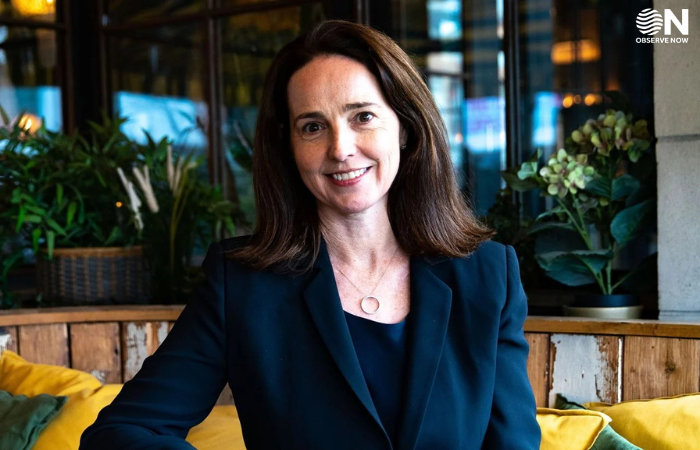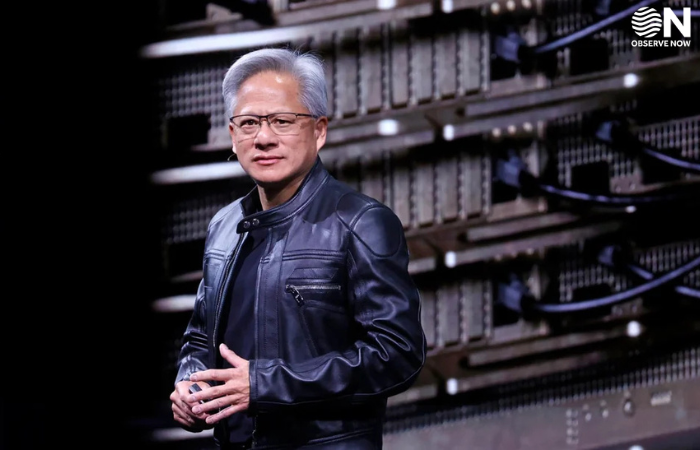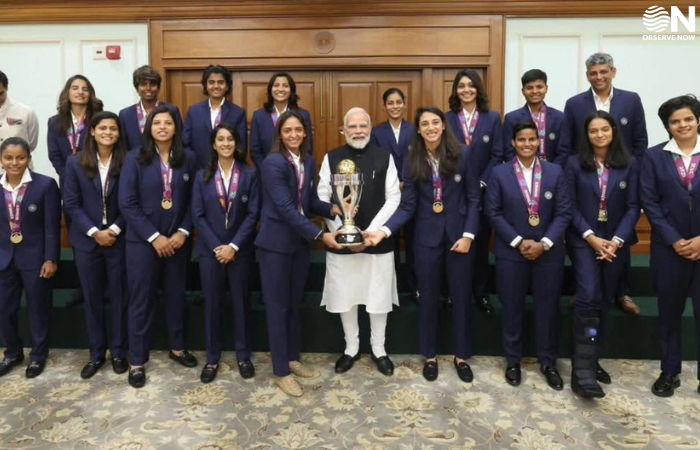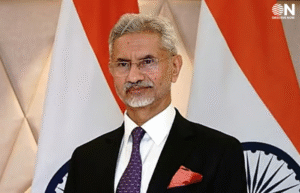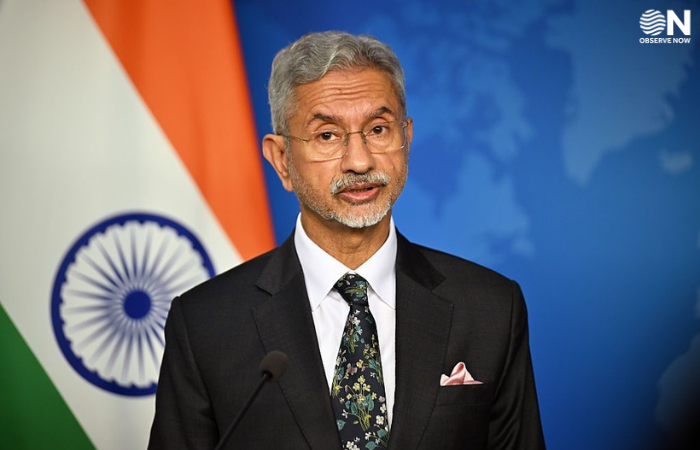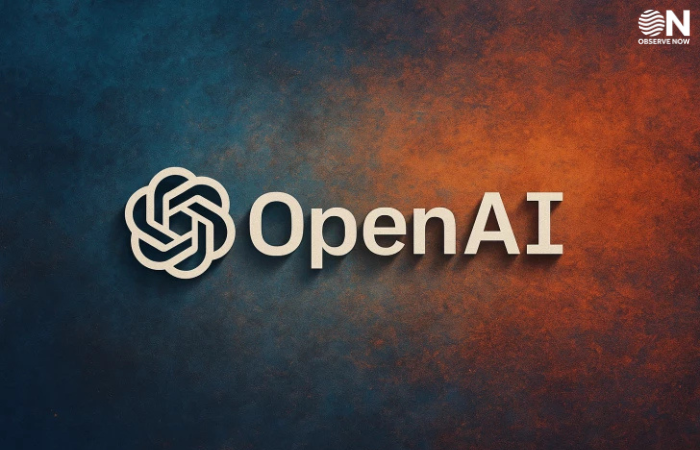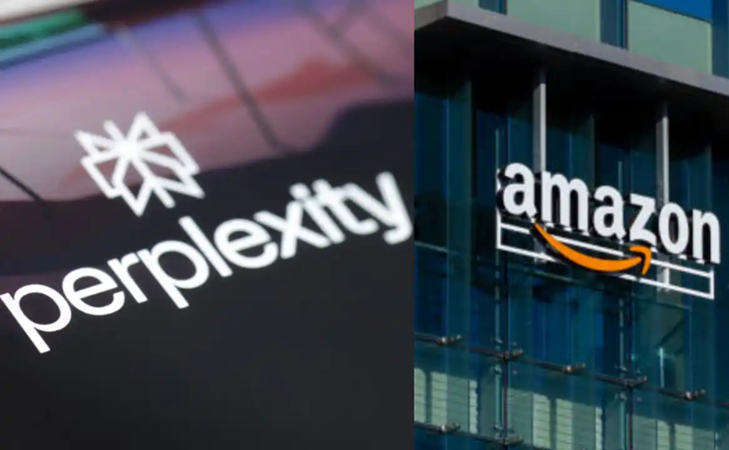OpenAI Not Considering IPO Yet, Focused on Scaling Operations: CFO Sarah Friar
OpenAI has clarified that an initial public offering (IPO) is not part of its immediate plans, as the company continues to prioritize the rapid scaling of its operations. CFO Sarah Friar emphasized that going public is “not on the cards right now,” signaling that OpenAI is concentrating its efforts on expanding infrastructure, technology, and market reach before exploring public funding options.
The company is currently investing heavily in large-scale computing systems, data centers, and research initiatives to strengthen its position as a global leader in artificial intelligence. Friar noted that these investments are crucial to supporting the deployment of advanced AI models, including generative AI and multimodal systems, which require substantial computational resources and operational capacity.
While IPOs often serve as a major source of capital for growth, OpenAI’s decision to delay such a move reflects a strategic approach to maintain flexibility and control over its long-term technological roadmap. The firm has instead relied on private funding, partnerships, and collaborations to fuel its expansion. Analysts suggest that staying private allows OpenAI to focus on cutting-edge research without the immediate pressures of shareholder expectations, while still positioning itself for potential public listing in the future when the company is better scaled and market conditions are favorable.
OpenAI’s stance comes amid an era of heightened competition in AI, with multiple companies vying for leadership in AI model development and commercialization. By concentrating on operational scaling and technological advancement, the company aims to solidify its market position and ensure robust infrastructure to meet growing demand across industries.
The CFO’s remarks underline that OpenAI’s priorities remain squarely on building capability, driving innovation, and scaling responsibly, with the question of an IPO deferred until the company is strategically ready.


